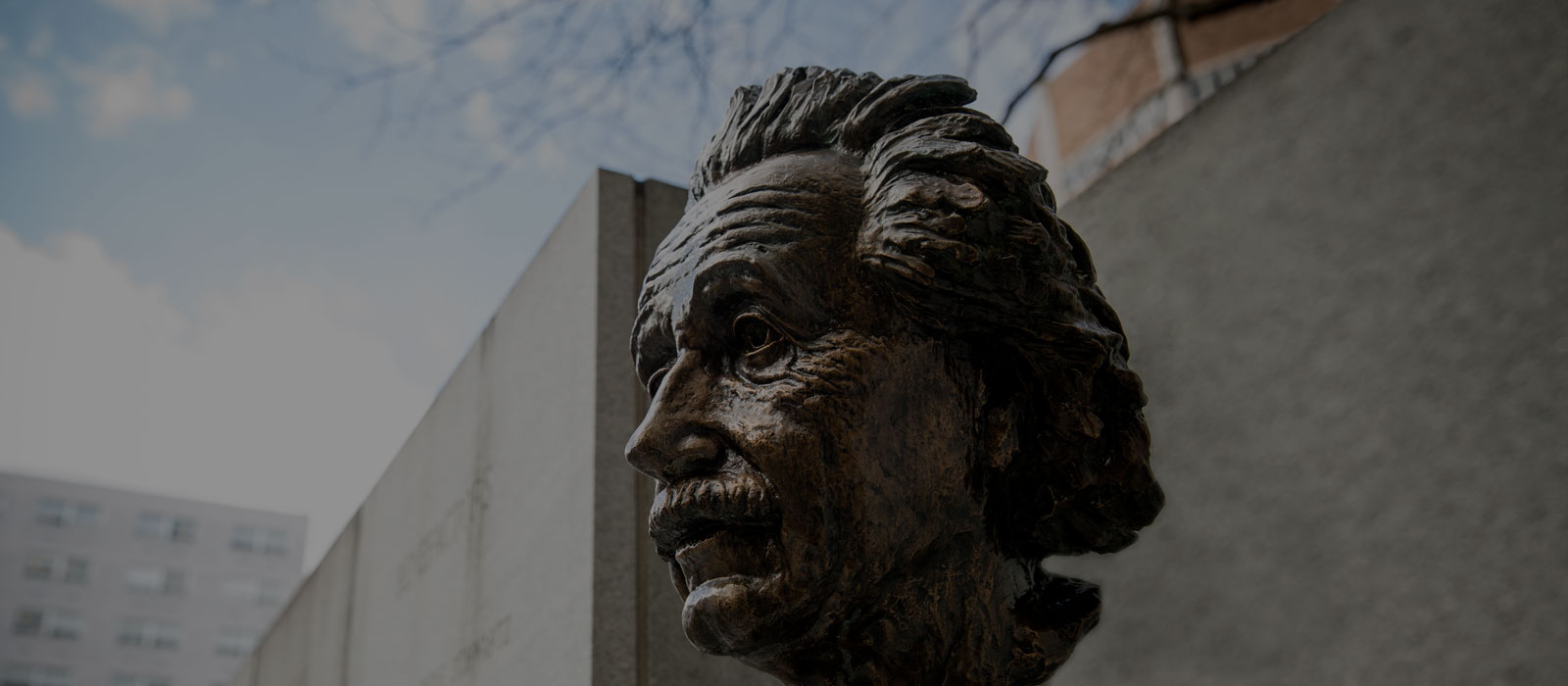Education & Training
-
714
M.D. Students
-
221
Ph.D. Students
-
117
M.D./Ph.D. Students
-
240
Postdoctoral Fellows
-
7
Educational Programs
Research
-
$192M+
NIH Research Funding
-
2,000+
Full-Time Faculty
-
3,211
Published Papers
-
20
Research Centers
-
36
Global Initiatives
Events

Tuesday, May 27 from 08:00am - 09:00am
1301 Morris Park Ave., Price Center
Tuesday, May 27 from 01:00pm - 02:00pm
1301 Morris Park Ave., Price Center
https://einsteinmed.zoom.us/j/96579606214?pwd=4ttp5Hmo39zm8de4H5wAh8pN0Ollae.1












